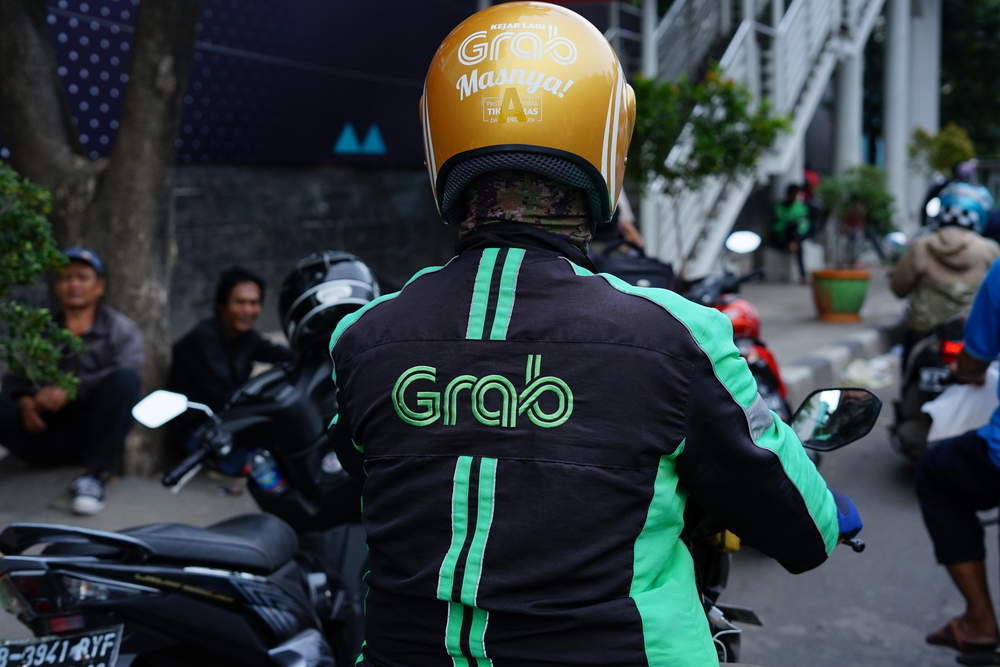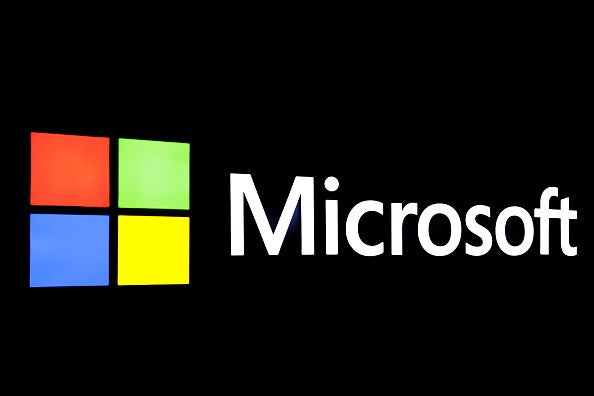
Ride-hailing app Uber is getting out of South East Asia — selling its ride-share and food delivery businesses to regional rival Grab for a 27.5% stake.
Uber sold its China business to local rival Didi Chuxing in 2016 and this latest move could mean Uber also throws in the towel in its battle in India with Ola.
The deal puts pressure on Indonesia’s Go-Jek, which is backed by Alphabet’s Google and China’s Tencent and is the industry’s first big consolidation in south-east Asia, home to about 640 million people.
The value of the deal has not been made public.
What was said:
Grab’s chief executive Anthony Tan said:
The combined business is the leader in platform and cost efficiency in the region. Together with Uber, we are now in an even better position to fulfil our promise to outserve our customers.
How well do you really know your competitors?
Access the most comprehensive Company Profiles on the market, powered by GlobalData. Save hours of research. Gain competitive edge.
 Company Profile – free sample
Company Profile – free sampleThank you!
Your download email will arrive shortly
Not ready to buy yet? Download a free sample
We are confident about the unique quality of our Company Profiles. However, we want you to make the most beneficial decision for your business, so we offer a free sample that you can download by submitting the below form
By GlobalData
Grab’s president, Ming Maa, said:
It was really a very independent decision by both companies.
Uber’s CEO Dara Khosrowshahi will join Grab’s board and said:
It will help us double down on our plans for growth as we invest heavily in our products and technology to create the best customer experience on the planet.
It is fair to ask whether consolidation is now the strategy of the day, given this is the third deal of its kind … The answer is no.
One of the potential dangers of our global strategy is that we take on too many battles across too many fronts and with too many competitors.
Read more: These are the highest valued startups in the world right now
Why it matters:
Uber has poured $700 million in its south-east Asia business — though somewhat less than the $2 billion it burned through in China before ceding its operations there to Didi.
Didi last year had a funding round of $4 billion, putting its valuation at $50bn.
As well as its expansion plans across the world, it has also been investing in Uber rivals: Lyft in the US, Taxify in South America and Europe, and Grab as well.
Competition in the ride-hailing sector has been fierce, resulting in discounts and promotions offered to riders and drivers reducing profit margins.
But consolidation in the industry was widely expected after Japan’s SoftBank Group made a large investment in Uber earlier this year.
Background:
San Francisco-based Uber has been bleeding cash, and suffered a string of scandals last year that cost co-founder Travis Kalanick his job as leader of the company.
However, under Khosrowshahi, the company has tightened financial discipline and narrowed adjusted losses to $741 million in the fourth quarter, down from $1 billion in the previous three months.
Grab is valued at $6 billion, according to CB Insights. Uber’s latest funding round — a complex deal that included two prices for its shares — valued the US group at $54bn — making it one of the most valuable private companies in the world but knocking it from the top spot.
Grab operates in eight countries including Singapore, Malaysia, Indonesia and Vietnam.







